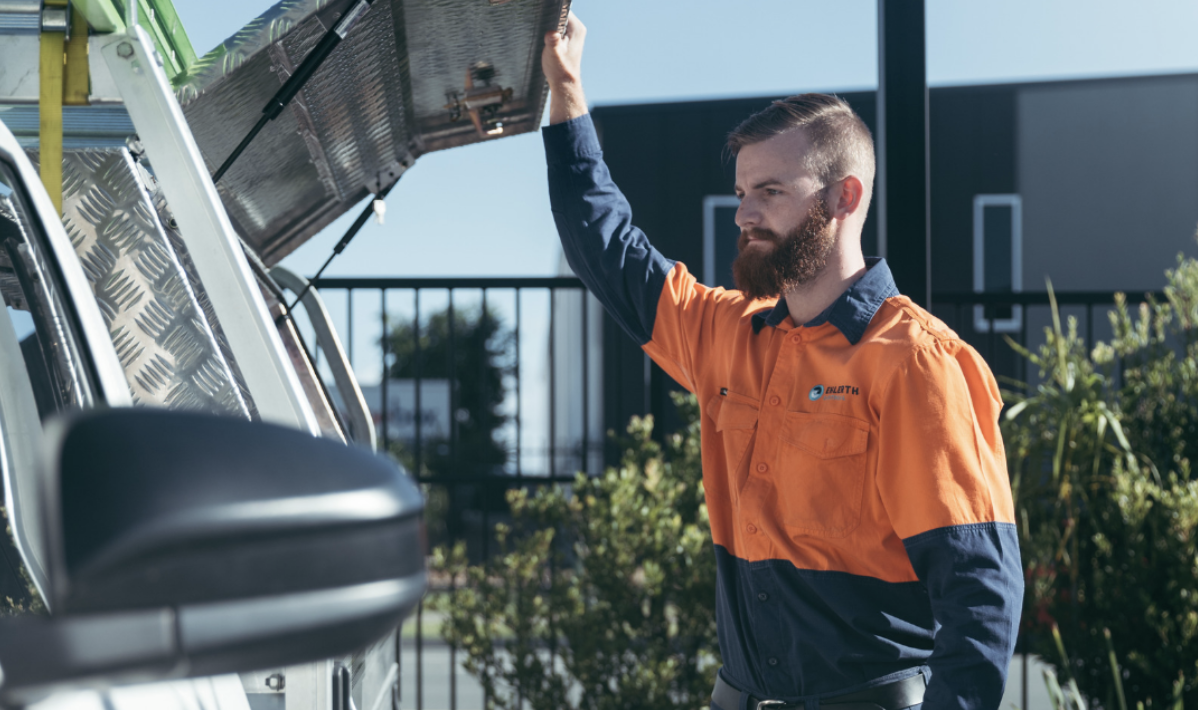Once you have secured an electrical apprenticeship, you have another four years ahead of you before you become a qualified electrician. These four years may feel like a long time, but they are imperative in building the foundation of your knowledge and skillset required for your electrical career. Our Director Brent offers his insights into what you can expect over the next four years to help prepare for this experience.
Work Hours
It’s not uncommon for electricians to work consistently 8-10 hours a day, 5-6 days a week. Where possible, arriving fifteen minutes early every day and being prepared for working overtime will not only impress your employer but help you adjust to these hours once you are a fully qualified electrician. Over your 4 years, there will be 8 weeks of TAFE learning per year. It’s important not to be discouraged by the lower pay initially, as electrical apprenticeships are a unique chance to earn while you learn. Most people still studying aren’t offered this opportunity.
Impressing Your Employer
Be prepared to get your hands dirty. Sometimes you will find yourself in stressful situations, which will be a great learning experience and will likely make you a more resilient and efficient worker. In the beginning, you might be standing around a lot, which is the perfect time to ask questions and learn from your supervisor. Don’t let yourself get distracted but instead, ask where you can be of assistance and take the initiative to clean or complete outstanding tasks. Finally, be respectful, and show your appreciation often.
First Year
The first year of your apprenticeship will be a lot of learning, observing and cleaning. This includes dump runs and deliveries. You will be shadowing your mentor and completing mostly roof work, installation of powerpoints, lights and running cables. This could feel like basic and repetitive work, but you must develop these safe habits early before you move onto bigger jobs.
Second Year
Your second year will be a bit more exciting. It will include learning how to test and run circuits, fitting switchboards and completing components of the larger jobs. You will also have more expectations. More will also be expected from you when it comes to customer service, which is a significant part of being a successful electrician.
Third Year
Once you are in your third year, you will have limited supervision when completing work and running smaller jobs. You will be responsible for discussing and planning work and organising materials for it. You are expected to complete the job paperwork and report to the office, and to have the required tools needed for the job.
Fourth Year
You’re nearly there! During your fourth year, your responsibilities will increase, as this is when you will potentially be running and completing jobs autonomously. These jobs could include air conditioning / solar , completing capstone and sign-offs and e profiling. In some cases, you will have access to a work car, too.
After completing your apprenticeship and receiving your electrical license, get ready to apply your skills and learnings. You are now responsible for signing off on all work, and you might also have an apprentice to mentor. Depending on your employer, you can expect a work car, phone allowance, and a pay increase.
Enjoy the process of becoming an electrician and get excited about a long, rewarding electrical career. If you have any questions or are interested in becoming an apprentice with Ehlerth Electrical, contact us here.










